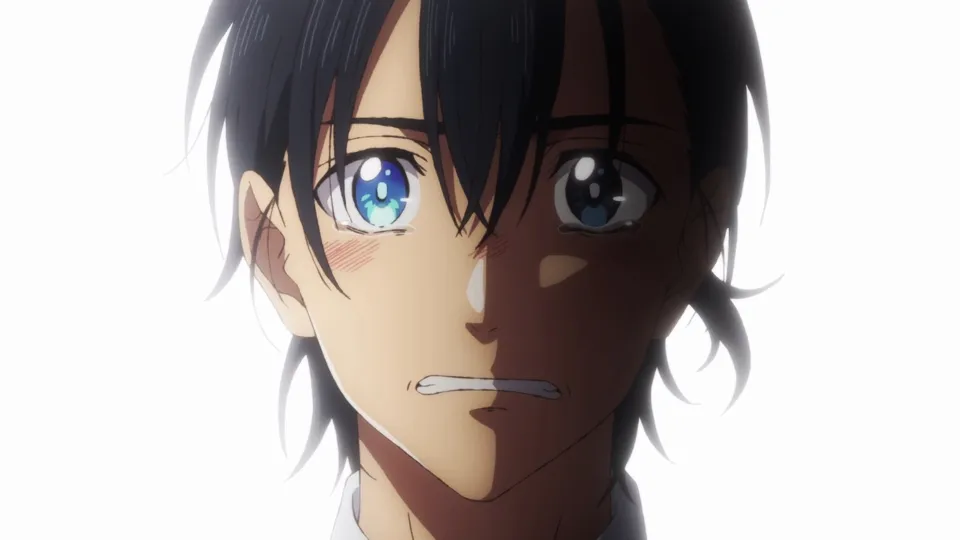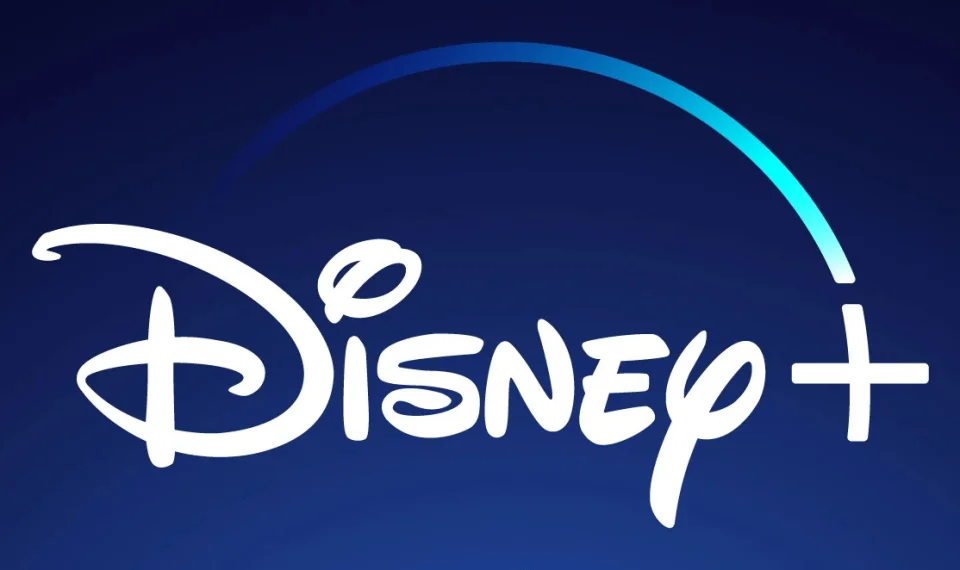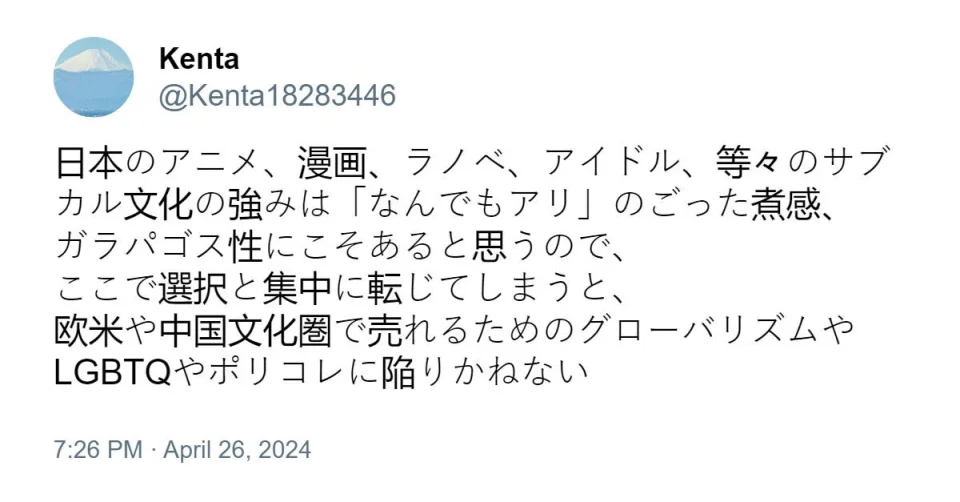Disney Wants to Make Anime 'Politically Correct'

The head of Disney's anime division, Takuto Yahata, says that while Japan's fundamental narrative remains constant, some more palatable expressions may be needed to avoid offending a sector of the market.

Yahata recently spoke with Mantan Web about Disney's position in the anime market and how it has transformed in recent years. "Japanese anime is entering a golden age. The size of the market has surpassed three trillion yen and continues to reach new highs," Yahata said, before noting that the outlet has expanded beyond a small group of fans buying Blu-rays and DVDs. Now that anime is spreading around the world, Yahata was asked if Japan's "unique" and "radical" form of expression needed to change.
"I don't think there has been any major change," Yahata said. "The fundamental narrative, the accuracy of the action, etc. have not changed, but there may be a shift towards adopting more acceptable expressions. To be seen by many people, expressions that do not hurt or deceive people are a given. It's not a negative thing, but maybe an evolution. When videograms were in the spotlight, there was a tendency for only those who wanted to buy to buy. Now that we distribute to a wider market with a service that can be viewed by adults and children at any time, awareness is changing."
Yahata's words raised concerns among some anime fans, who believe that the appeal of Japanese anime lies in the fact that it does not cater to Western sensibilities. Some creators, such as "Black Jack" and "Mysterious Disappearances" episode director Kentaro Mizuno, share the same sentiment, posting via Twitter that "anime could easily fall into the trap of political correctness to sell itself in the Western and Chinese cultural spheres."

Others disagree that the continued globalization of anime is a cause for concern, such as "One Piece: Red" director and "Code Geass" director Goro Taniguchi, who claims that anime has always taken overseas reception into account and made changes to be appreciated by all.
Yahata concluded his interview by saying, "I think no matter the scenario, the points that impress people remain the same. What is the best universal narrative of any era? I think it can excite all countries, regions and generations equally. The combinations are endless, and while new things are still being created, there are some that will never change."
Source: Mantan Web

